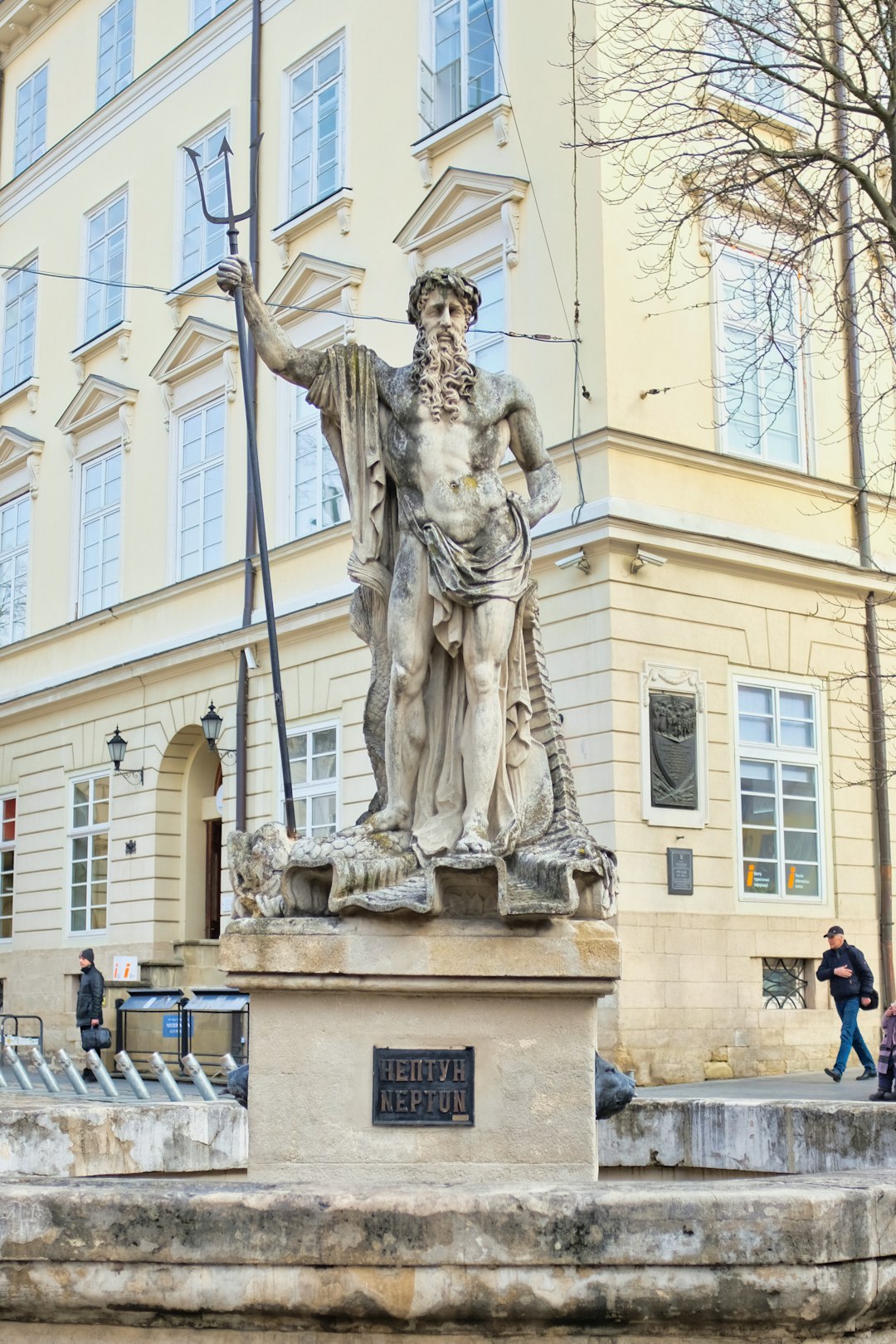Apologies: I took a weekend off from posting my Making of Modern Ukraine lectures because I had a couple of other important pieces published: the one on “War and Politics” here as well as the one on nuclear propaganda in the New York Times.
The purpose of this lecture is to evaluate the Ukrainian and Russian states as they emerged after the end of the Soviet Union in 1991. I begin though with an excursus into postwar Polish history. It is very important to establish how the Polish factor changed, such that Russia became the most important “other” in Ukrainian history. The efforts of Polish thinkers and then Polish diplomats to create a new paradigm in Polish-Ukrainian relations bore fruit in the 1990s; this success was one reason why Poland was able to join NATO and the EU. Ironically, the very absence of of Polish-Ukrainian conflict made it difficult to remember just how important the Polish factor had always been.
Russia and Ukraine both emerge from the Soviet Union, but diverge in their domestic politics. Both suffered from the problem of oligarchy: concentration of wealth and associated political power. In Ukraine this led to a certain pluralism; in Russia, one person eventually became the boss of bosses. By the 2010s, the state and societies were more different than (I think) the people in question sometimes realized; this became apparent during Ukrainian protests for democracy and for European integration, which are subjects of lectures to come.
The video is here and the podcast version is here or here. Sorry I forgot to post the links last time! They are always the same, so if you are following these lectures, you could just bookmark them.

Readings:
Plokhy, Gates of Europe, chapter 26.
Serhy Yekelchyk, The Conflict in Ukraine, Oxford: Oxford University Press, 2015, chapter 4.
Peter Pomerantsev, Nothing is True and Everything is Possible, New York: Public Affairs, 2014, Act 1: Reality Show Russia, 1-77.
Terms:
Galicia, Volhynia, "western Ukraine"
Jacek Kuroń, Adam Michnik
Solidarity
Kultura
Jerzy Giedroyc
Józef Czapski
George Shevelov, "Youth of the Fourth Kharkiv"
Borys Levyts'kyi
"Executed Renaissance"
Juliusz Mieroszewski
Rukh
Leonid Brezhnev
1975 Helsinki Final Act
Ukrainian Helsinki Society 1976
Andropov, Chernenko
Mikhail Gorbachev
Chernobyl disaster 26 April 1986.
Glasnost
Perestroika
Volodymyr Shcherbyts'kyi
Congress of People's Deputies, May 1989
Leonid Kravchuk
Union Treaty
Budapest Memorandum December 1994
Leonid Kuchma (1994-2005)
Georhiy Gonhadze, Ukrains'ka Pravda
Viktor Yushchenko, Julia Tymoshenko, Viktor Yanukovych
Association Agreement 2013



Fantastic lecture, one of several that I wish could have been divided into 8-10 lectures because the material you cover is just too complex for one. Another is the lecture on the Habsburg Empire.
BTW, are you ever going to teach your Eastern Europe to 1914 class again? I'm dying to know the assigned reading, which is no longer up on the Yale course schedule page. That is a class I'd love to have on video.